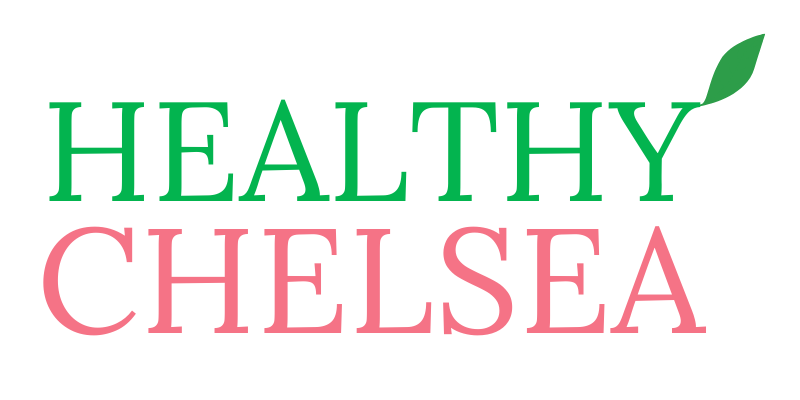If you’re frequently stressed out, you’re certainly not alone.
According to Gallup, 80% of Americans feel stress on a daily basis.
Woah, that’s a lot of people…
And in a fast-paced world where “busy” is rewarded and hectic schedules abound, daily stress takes its toll.
We’ve all been there:
· Running late to a meeting
· Trying to put a fire out at work
· Managing the schedules and emotions of children
· Or juggling numerous projects while trying to have a social life
We’ve experienced the immediate effects of stress:
· Faster heart rate
· Faster, shorter breathing
· Tensed muscles
All perfectly normal signs of stress, which can give us that beneficial edge to getting work done.
But what if we never fully come down from elevated stress?
What happens to our bodies and mind then?
The effects of chronic stress are:
· Weight gain
· Insomnia
· Anxiety
· Depression
· Weakened immune system
· Reduced nutrient absorption
· High blood pressure
· High blood sugar
· And even fertility problems
In the moment, you might not feel like you have to worry about stress- it’s normal, right?
But if you’re gaining weight, having trouble sleeping, struggling with anxiety, or are constantly getting sick, you might want to consider managing your stress through lifestyle tweaks.
The good news is you CAN reduce stress naturally, with food (in conjunction with exercise, quality sleep, meditation, and other tricks for winding down).
Here are my top 5 nutrition tips for reducing stress through food:
· Eat a high-fiber diet (a minimum of 25-30 grams of fiber per day)
· Eat a whole food, plant-based diet (i.e. lots of fruit, veggies, lentils, beans, nuts, seeds, whole grains)
· Limit foods that make your blood sugar spike (beware “healthy” snacks that are sneakily high in sugar, like most yogurt)
· Eat the rainbow (antioxidants come in different colors, so eat a variety of fruit and veggies)
· Enjoy probiotics (kombucha, miso, yogurt, probiotic supplements, kimchi, sauerkraut)
Throughout the month, I’ll continue to provide specific strategies and tips you can do right NOW to reduce stress and the effects of stress.
Your Action Step: What is ONE THING you can do today that will help you reduce stress? Use the 5 tips above to inspire you. If you need extra help with this one, simply email me! I’m here to support you 😊
Need a few recipe ideas to reduce inflammation caused by stress?
Check out these popular, easy, and fun anti-inflammatory recipes:
>>Fruit Sushi with Pomegranate Roe
>>Zero-Added Sugar Zucchini Muffins



